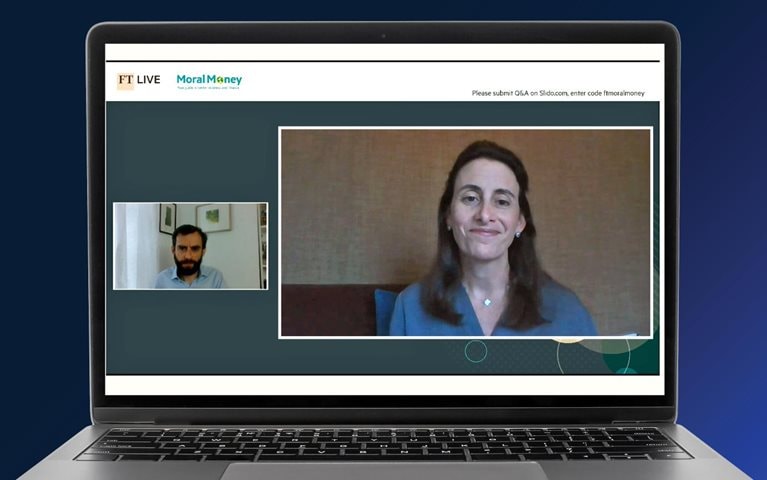Companies around the world are resetting business plans to thrive in the next normal, giving them a fresh opportunity to launch strategies that balance good business with good purpose. Last week, four of our colleagues joined the Financial Times for the Global Moral Money Summit—a two-day virtual event that convened leaders from the worlds of business, academia, policy, and beyond—to explore what that opportunity looks like and how the smartest organizations might seize it.
Liz Hilton Segel: Building a More Inclusive Economy
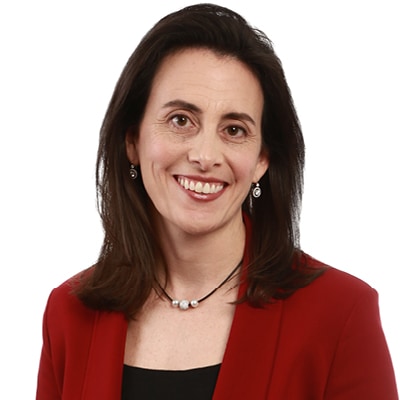
Our managing partner for North America Liz Hilton Segel defines an inclusive economy as one that creates resilient, higher-wage jobs for workers; ensures mental health needs are met; and provides opportunities for the underserved. Liz sat down with the FT’s US editor Andrew Edgecliffe-Johnson to lay out how businesses play a key role in the creation of those elements and more.
The adoption of AI and automation has accelerated during COVID-19, Liz explained, and to ensure this transformation doesn’t leave vulnerable workers behind, she recommended that organizations identify the skills their recovery models depend on, then develop and scale programs to close skills gaps among employees. On the mental health front, she recommended that companies practice empathy for employees and invest in training that equips leaders with skills to support colleagues who may be suffering.
Finally, to combat systemic inequality in the workplace and beyond, Liz pointed out that companies can focus on ensuring they have the right representation of diverse talent in their pipelines; enabling equality of opportunity through fairness and transparency; and promoting openness and tackling microaggressions among their own ranks.
James Manyika: Seeking to Thrive in the 21st Century
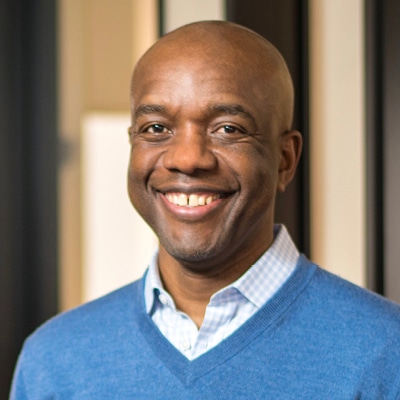
McKinsey Global Institute chairman and director James Manyika works at the leading edge of global economic and technology trends, giving him an excellent view into what it will take for top organizations to thrive in the 21st century. He shared that perspective with the FT’s Gillian Tett in a wide-ranging conversation.
COVID-19, James explained, has greatly accelerated several trends around the future of work. When considering the massive experiments with remote-work, it’s important to remember that only about a third of jobs can be done remotely. Many workers, therefore, are vulnerable, and they may experience temporary furloughs, permanent layoffs, or reductions in hours and wages. At the same time, companies are accelerating their digitization strategies and adoption of automation and artificial intelligence. Impacted workers must be supported by the businesses that employ them, the industries they serve, and the societies in which they live.
James also discussed how the social contract that people experience as workers, consumers, and savers has changed. While the 21st century has seen the creation of an enormous number of jobs, wages have not kept up. Consumer goods have gotten cheaper, but necessities like housing, healthcare, and education have become more costly. Most people, James said, cannot save money. So while today’s social contract has been great for some, it has led to challenging outcomes for the majority. These trends are likely to continue.
Technological innovation, digitization, and globalization are opening opportunities for companies to be very successful, James added, but companies must also remember that they may be earning extraordinary profits amid a time of extraordinary inequality and rising concerns around race, diversity, and climate change. Citizens everywhere, James believes, will be looking to businesses to be part of the solution on these fronts.
Marco Piccito: Morals, Money, and Sustainable Financing
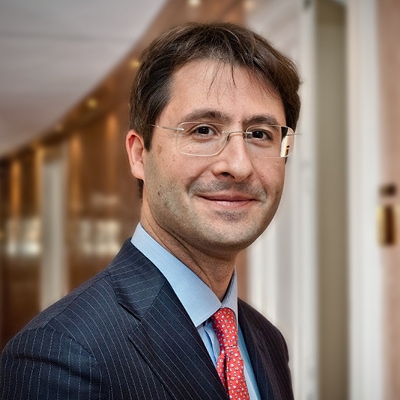
Based in our Milan office, Marco Piccito advises leading European financial and industrial institutions on a broad range of risk-management, business-strategy, and transformation issues. At the summit, he framed and then joined a panel discussion with BNP Paribas’s Chief Sustainability Officer Hervé Duteil and Pictet Wealth Management’s Head of ESG Rosa Sangiorgio on the state and future of sustainable financing. The FT’s Patrick Temple-West moderated.
Marco explained that sustainable and ESG financial products have been very resilient during COVID-19 from both a cash-flow and performance perspective. For example, while non ESG equity fell by some 50 percent or more amid the crisis, ESG equity only fell by about 12 percent. This could be due to several factors, he said, including the unique behavior of sustainable investors or the resilience of sectors that sustainable investing favors.
One insight Marco shared had to do with consumers, who have said they are far more in favor than ever before, by perhaps as much as 25 percent, of buying from companies that either sell sustainable products, have a stated purpose or a set of values, or that demonstrably care about the safety of their employees. Citizens everywhere, he believes, are demanding more of companies and reminding them, with due respect to Milton Friedman, that the business of business is now more than just business.
Dickon Pinner: The Climate and Nature Imperative
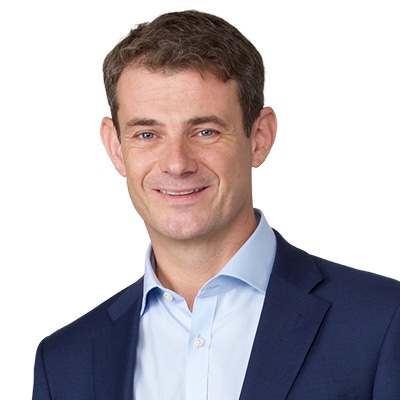
Dickon Pinner is the global leader of our Sustainability Practice, and in our final session at the Moral Money Summit, he joined FT Associate Editor and Business Columnist Pilita Clark for a panel discussion on the role business can play in finding solutions to climate change. Root Capital Founder and CEO Willy Foote and Walmart Chief Sustainability Officer Kathleen McLaughlin were also on the panel.
According to Dickon, one area where climate change has emerged as a clear business priority is in capital markets, where the increased transparency for investors around risk awareness and opportunity have flipped the risk/reward equation; what were once perhaps seen as safe investments—fossil fuels, for example—are now often seen as risky bets, and what were once seen as risky—sustainable technology—in many cases now feel safer.
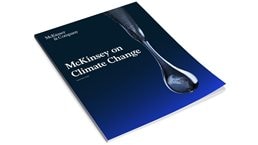
McKinsey on Climate Change
Dickon also explained how critical it is that companies gain radical transparency around the way their own businesses are shaping climate change Without that, he said, leaders are likely over-exposed to the risk and underexposed to opportunities around approaches like building a sustainable supply chain, for example, or reducing emissions.
The positioning—as Blackrock CEO Larry Fink has put it—of “climate risk equals investment risk, which poses an existential threat to the financial system,” is quite clarifying, Dickon said. But there is still a massive amount of work for corporations and governments to do, he added, if we want to make measurable progress.
